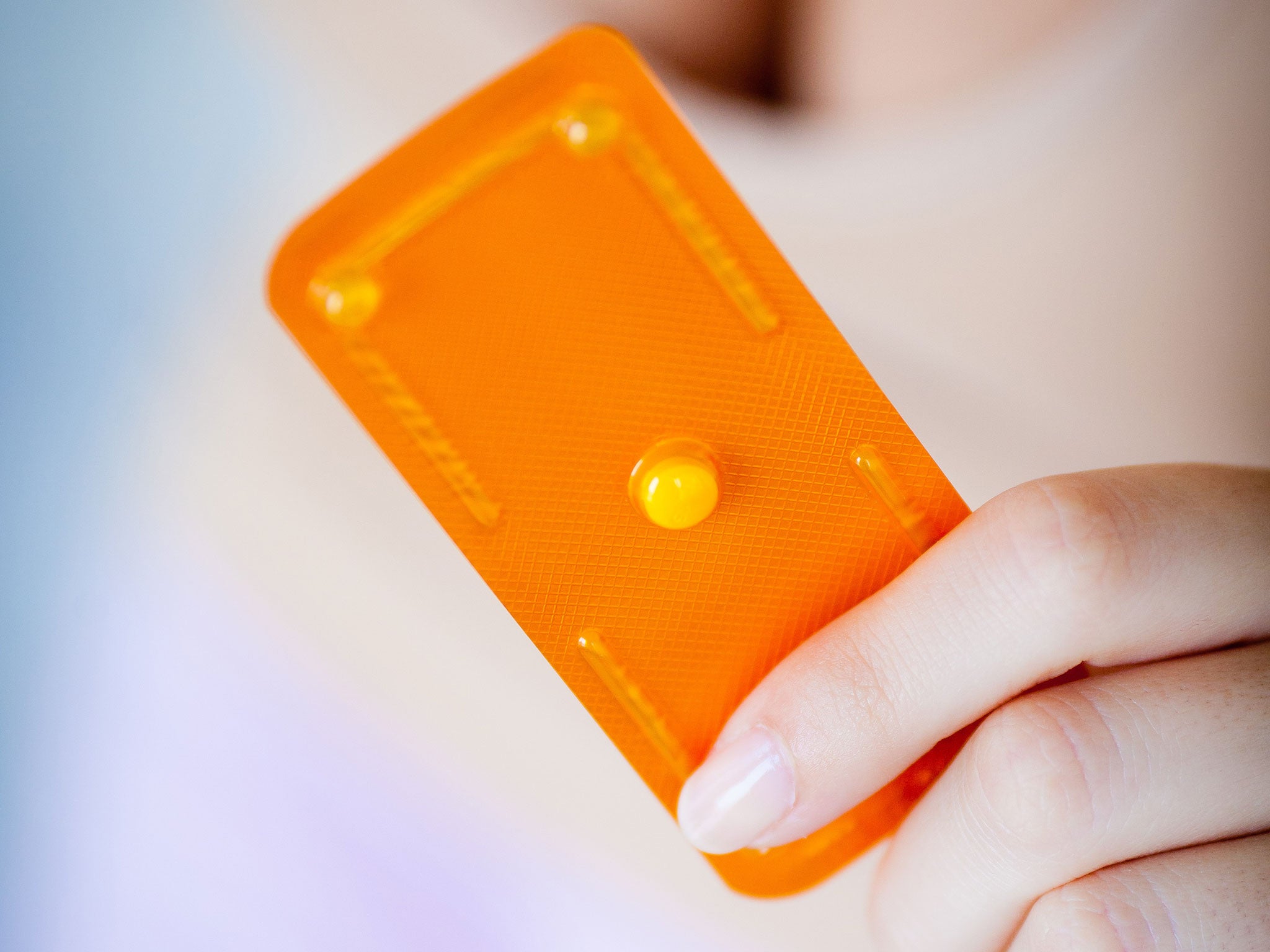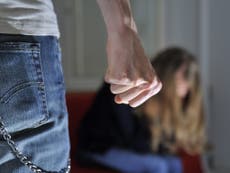Women forced to risk health and confidentiality when getting emergency contraception amid coronavirus crisis
‘At a time when many women are having trouble accessing their normal method of contraception, it is imperative that access to emergency contraception is swift, safe, and convenient,’ says expert

Your support helps us to tell the story
From reproductive rights to climate change to Big Tech, The Independent is on the ground when the story is developing. Whether it's investigating the financials of Elon Musk's pro-Trump PAC or producing our latest documentary, 'The A Word', which shines a light on the American women fighting for reproductive rights, we know how important it is to parse out the facts from the messaging.
At such a critical moment in US history, we need reporters on the ground. Your donation allows us to keep sending journalists to speak to both sides of the story.
The Independent is trusted by Americans across the entire political spectrum. And unlike many other quality news outlets, we choose not to lock Americans out of our reporting and analysis with paywalls. We believe quality journalism should be available to everyone, paid for by those who can afford it.
Your support makes all the difference.Women are being pushed into putting their health and confidentiality at risk when seeking emergency contraception due to being forced to answer highly personal questions in front of other customers in the wake of the pandemic.
The British Pregnancy Advisory Service (BPAS), the UK’s largest abortion provider, argued issues around accessing the morning after pill are “an avoidable mess”.
Researchers found a third of pharmacies are not able to offer emergency contraception in a way which protects women’s confidentiality yet also obeys new coronavirus social distancing rules because of present licensing restrictions.
BPAS discovered a dearth of physical space in some pharmacies means women have to go through the consultation - which includes highly personal questions about their sexual activity and periods - on the shop floor via a plexiglass screen where other customers can potentially hear.
The charity raised concerns the lack of proper provision may put women off getting emergency contraception which could lead to a boom in unplanned pregnancies.
Clare Murphy, deputy chief executive of BPAS, said: “One third of pharmacists are limited by the space of their store and the current licensing requirements. The physical constraints that pharmacists are operating under cannot be changed – but the current regulatory framework, which places pharmacists under an obligation to undertake a consultation with every woman requesting emergency contraception, can and should be.
“At a time when many women are having trouble accessing their normal method of contraception, it is imperative that access to emergency contraception is swift, safe, and convenient. Long-acting reversible contraceptive methods, such as the coil and the implant, which require insertion by a medical practitioner, are particularly difficult to access due to service closures and limited GP appointments.
“This may mean that more women will therefore be relying on condoms and daily pills, for which emergency contraception is an important back-up if these methods fail or are forgotten. Women should not be forced to risk their confidentiality or health to prevent an unplanned pregnancy. This is an entirely avoidable mess, which could be swiftly solved by the reclassification of emergency contraception by the Health Secretary.”
Ms Murphy said that BPAS is urging women to keep a packet of emergency contraception at home to have as a back-up solution.
The charity is demanding emergency contraception is reclassified as a general sales list medication which would allow women to buy the “safe and effective medication” from the shop floor with no compulsory consultation. This is how it works in France, a number of European countries, America and Canada.
A poll of over 1,000 women living in the UK found more than half said they think women should be free to buy emergency contraception without being forced to go through a consultation.
The Independent recently reported one in three women does not know how to access contraception because their normal means of doing so have been cut off in the coronavirus crisis.
Frontline service providers warned women face a “postcode lottery” of services and increasing numbers of women are getting pregnant because of difficulties in obtaining contraception.
Marie Stopes, a leading UK abortion provider that polled 1,000 women, found that more than one-third of the women who attempted to access a contraceptive service thought the provision had become worse in the wake of the public health crisis.
Tracey Forsyth, lead contraceptive nurse at BPAS, said she had come across many women struggling to obtain contraception during the pandemic.
She said: “I’m talking to lots of women who are now pregnant because they couldn’t get their contraception. Me and my team are talking to 20 a day. Lots of them are having an abortion. They’ll say things like, 'I couldn’t get my pill because I was told it wasn’t the doctor’s priority.’ It’s very upsetting for these women.
“They wanted to use the contraceptive pill. They say, ‘Why is me not wanting an unplanned pregnancy not their priority?’ It has been an absolute nightmare for women. With women having to take on extra childcare and homeschooling, not being able to get contraception is another added problem to problems they have got already.
“It was bad before Covid because of cuts to services and restructuring of clinics in the wake of Tory austerity. A lot of women tell us their clinics closed down in their areas before Covid. But the struggle to get contraception has got worse since the pandemic.”


Join our commenting forum
Join thought-provoking conversations, follow other Independent readers and see their replies
Comments